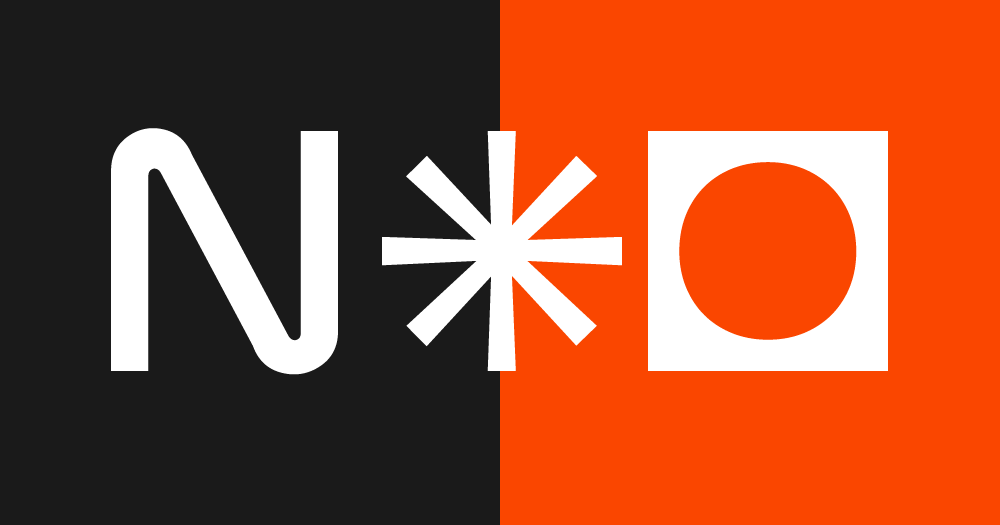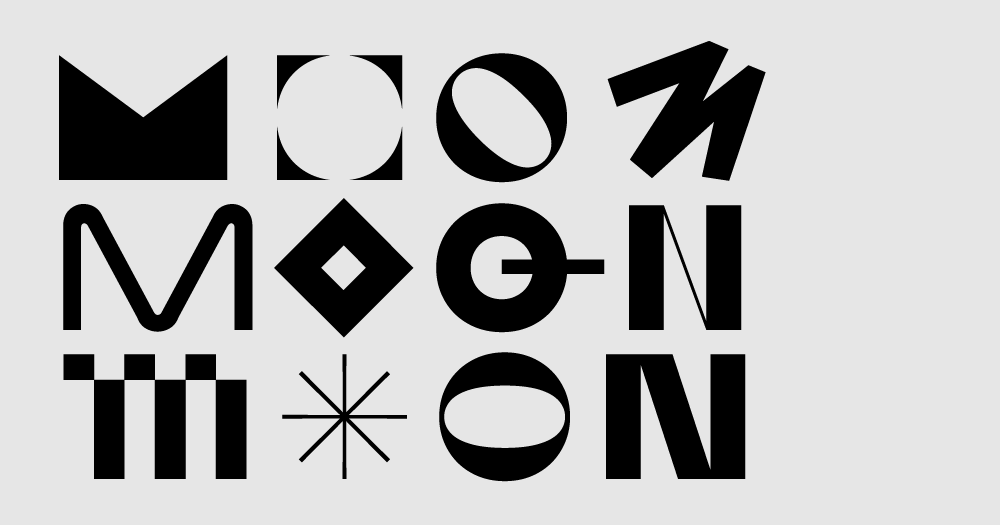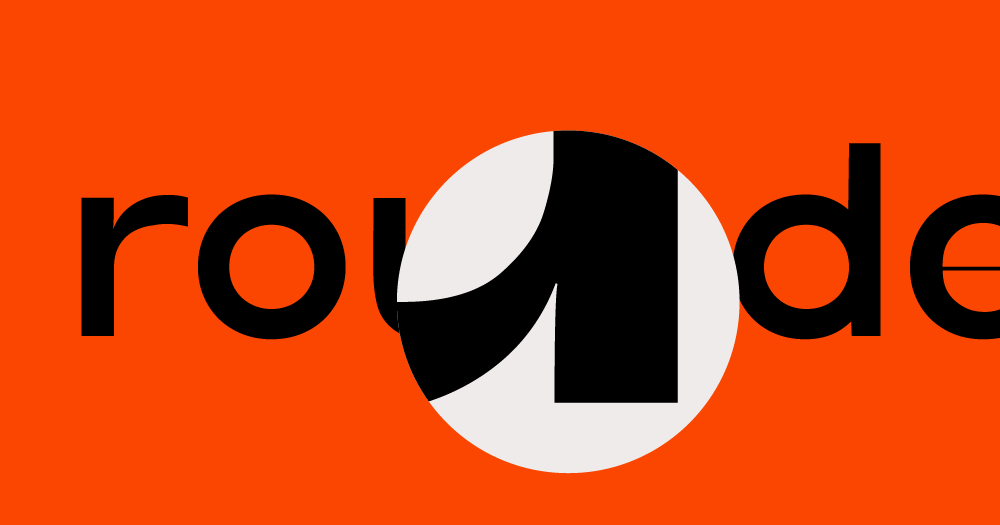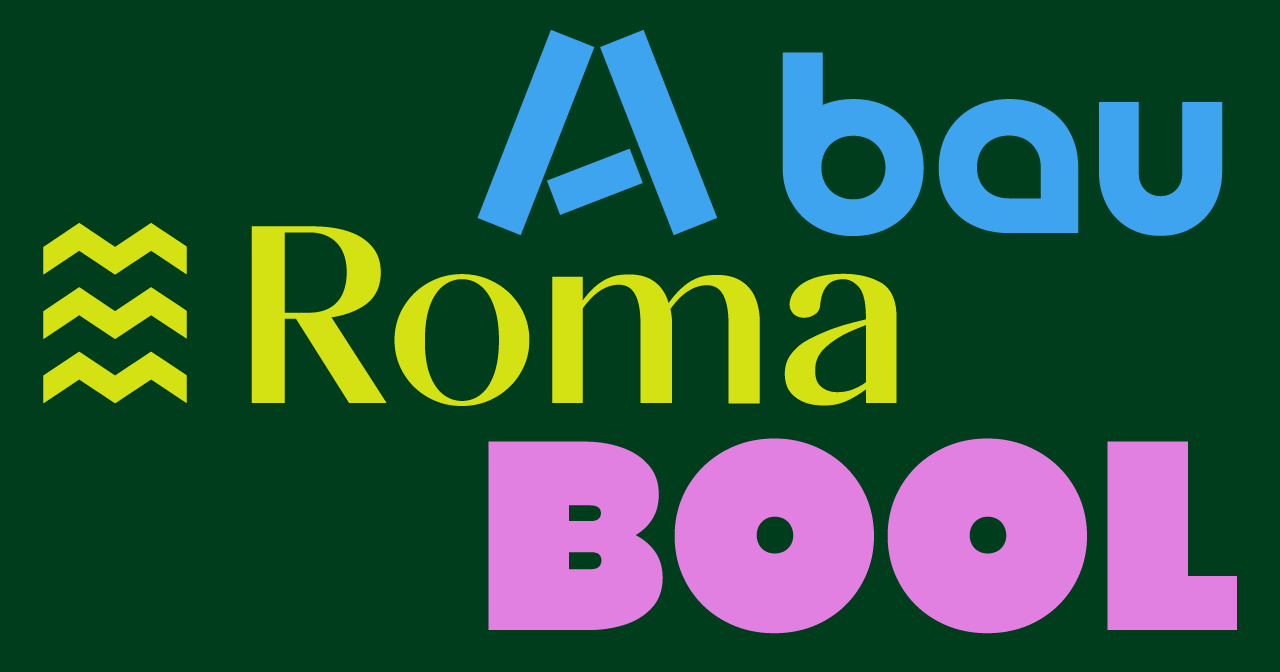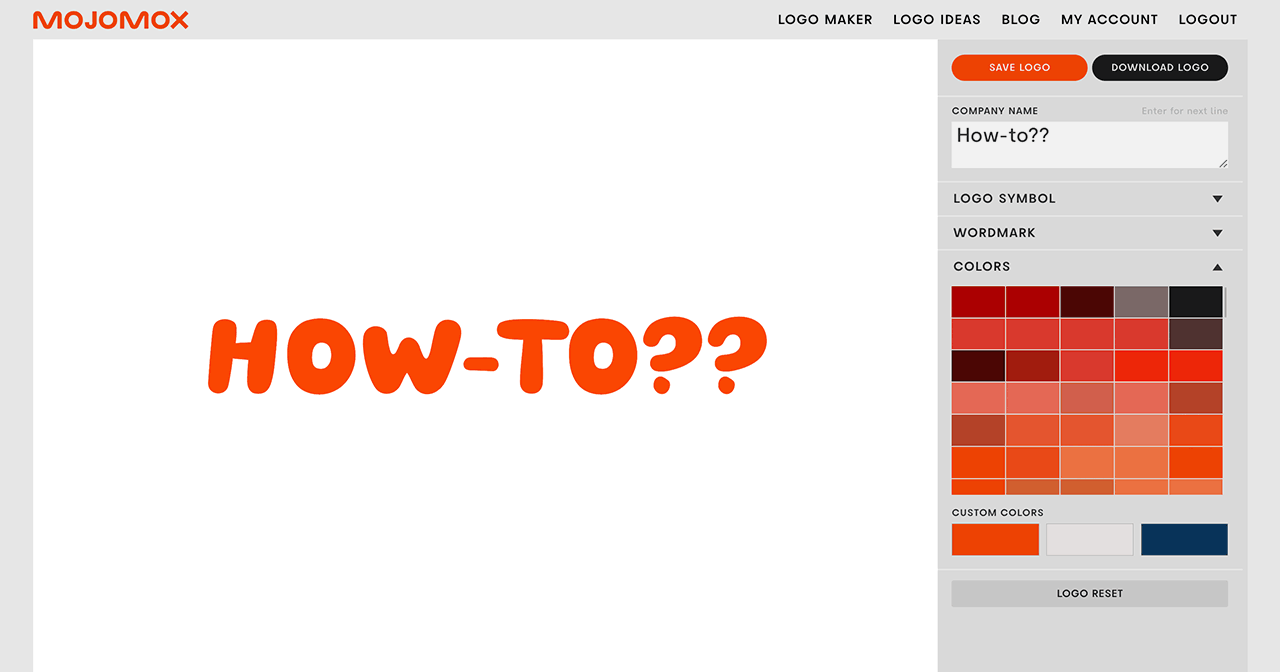5 Strategic Steps to a Professional Business Logo
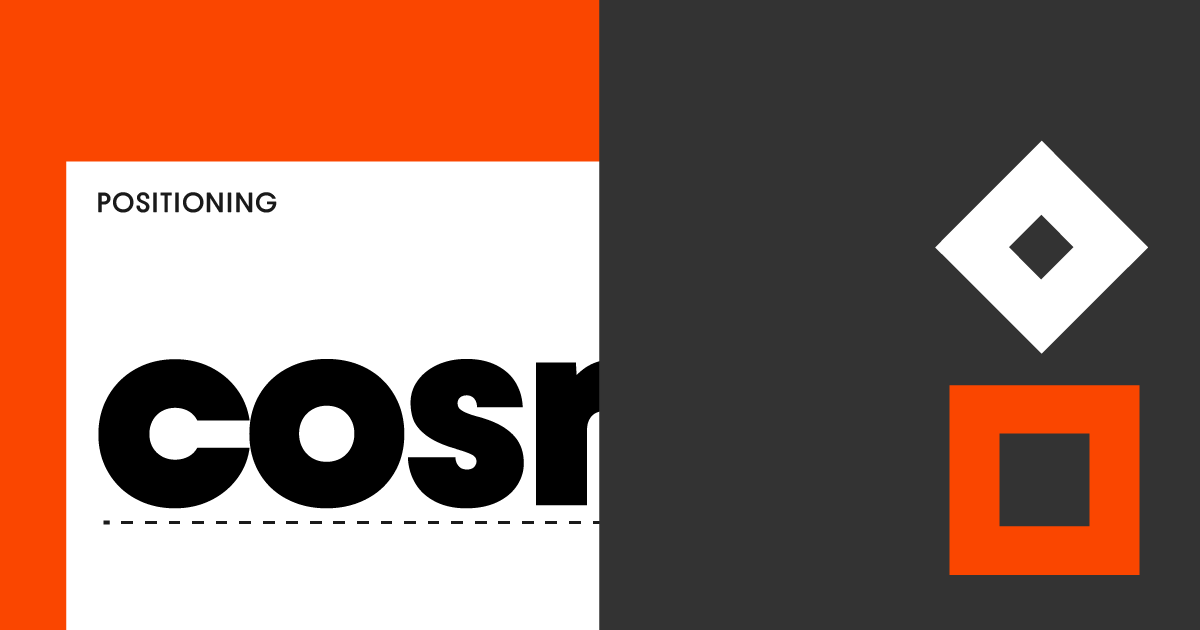
Step 1: Research your competitors’ design
Create a mood board or any document listing your competitors’ names, add their logos, their colors, and state what font/s (serif, sans-serif) they’re using. This exercise should take no more than 10 minutes per competitor. A solid quick-analysis should have about 5–12 competitors listed.
The goal of step 1 is to have a one- or two-pager of information that allows you to see your competitors at a glance.
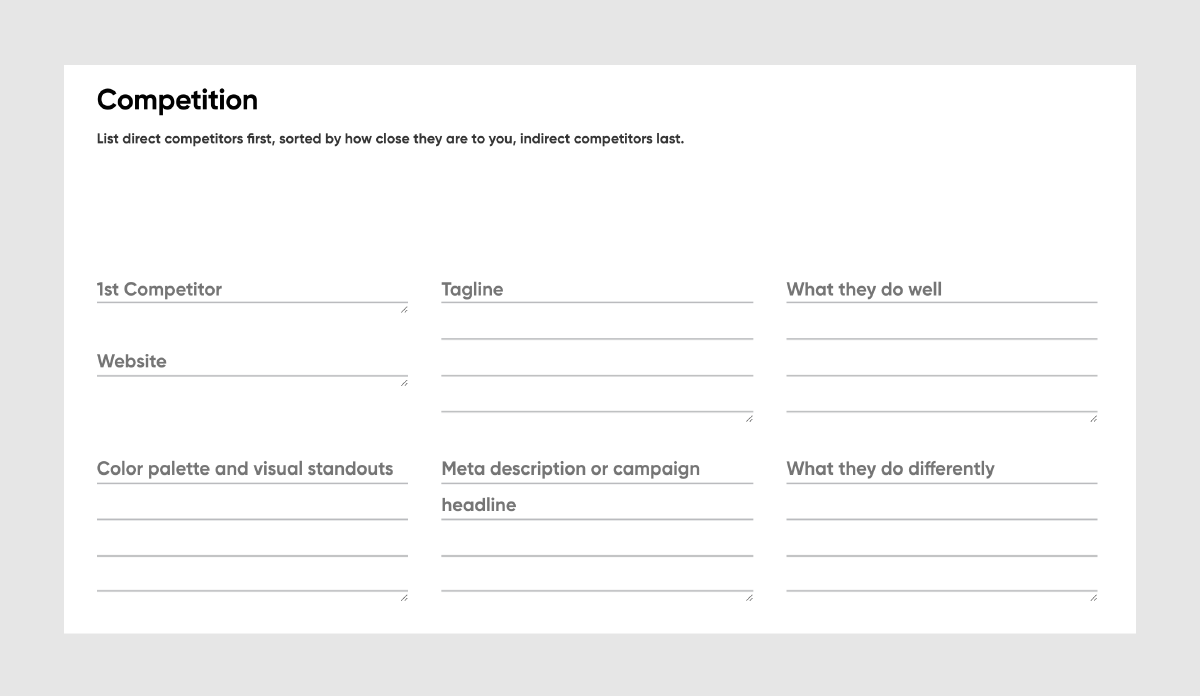
Step 2: Analyze your competition’s design
What do all the logos have in common? Are the logos symbol logos (have an icon plus a word) or wordmark logos (only a word)? What color is being used most? What types of fonts? What colors are not used yet by anyone and can be used by you instead? Anything else that stands out? Whose design looks most professional? What one single word comes to mind when looking at their homepages in 5 seconds?
The goal of step 2 is to have a very good understanding of your competitive landscape. You know what they look like, where they stand, and what they’re after.
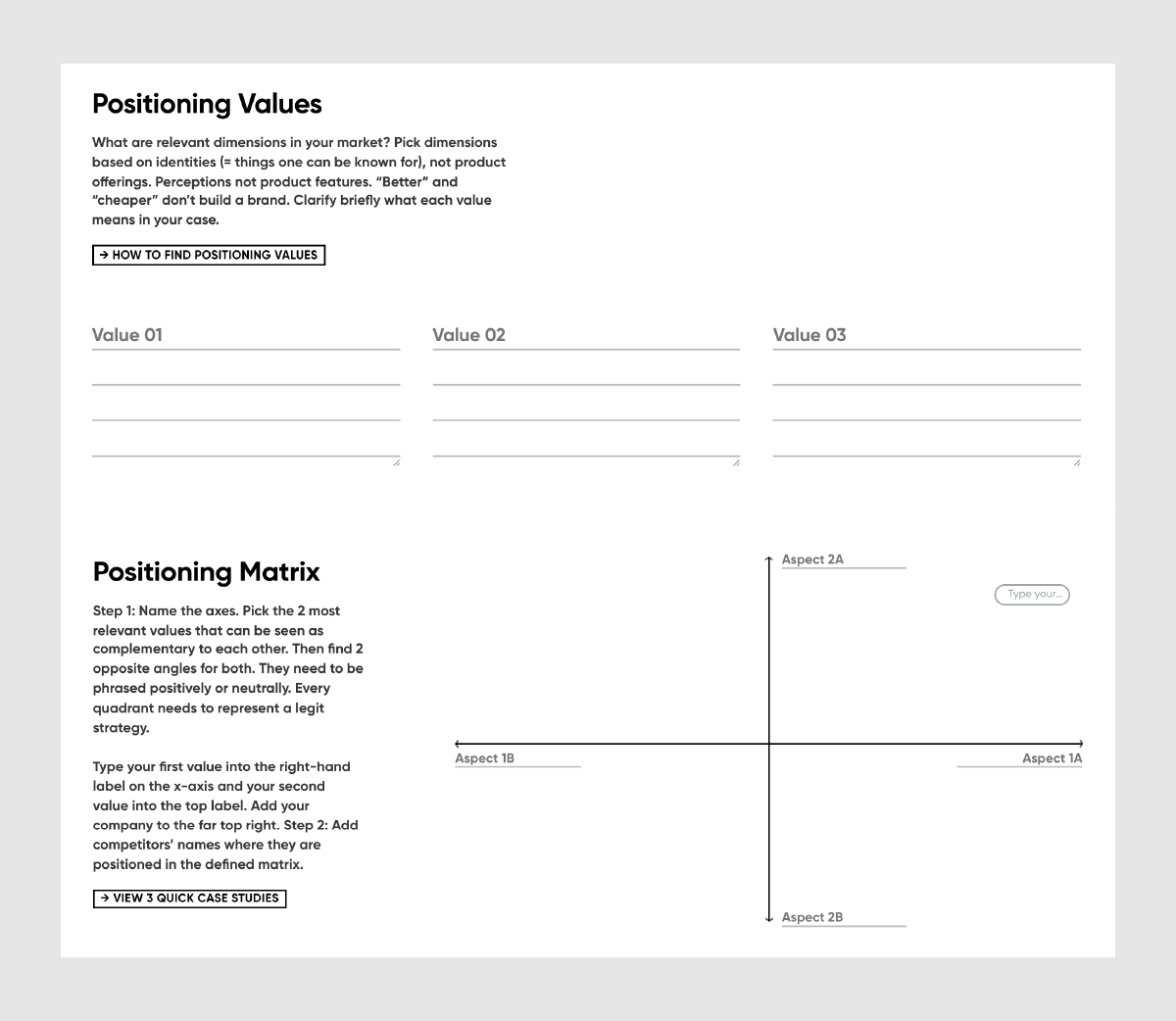
Step 3: Pick your positioning
What word should come to your customers’ minds when looking at your website or interacting with you in any way? This word doesn’t need to be unique to you or to a specific industry, it only needs to be related to what you are better at than your competitors. For example, the iPhone’s new word is “privacy”—Apple found that people care about privacy and they found that their competitors are not good at it.
The iPhone can own it and that’s what’s called “positioning”—the iPhone’s positioning is privacy.
The goal of step 3 is to have a single word (positioning) that you want your target audience to think of when thinking of you.
Step 4: Describe your product in one or two sentences
In a purely factual tone, what’s the name, what does it do, how does it stand out and who’s it for? Highlight all of the things that need to be communicated somewhere in your design. Example: Mojomox is an online logo maker for businesses that lets entrepreneurs create their own modern & professional logo with brand kit in under one minute.
The goal of step 4 is to have a list of items that should be shown somewhere in your design. For example, “Mojomox” is in the logo itself, “logo maker” could be a tagline or part of the main headline on your homepage, and “modern & professional” could be the overall style of your website design. A modern and professional style may in parts be subjective but you can test it by showing your design to your customers.
Step 5: Using a logo maker for business logos
Collect the learnings from steps 1 through 4 and create a rough idea for a logo in your mind: What color selection do you want to test? What kind of logos will yours fall into, serif or sans serif, thick or thin, all lowercase or uppercase? What’s the one, important word you’d like your logo to convey when done?
To get started with a business logo now, type your brand name into the field:
